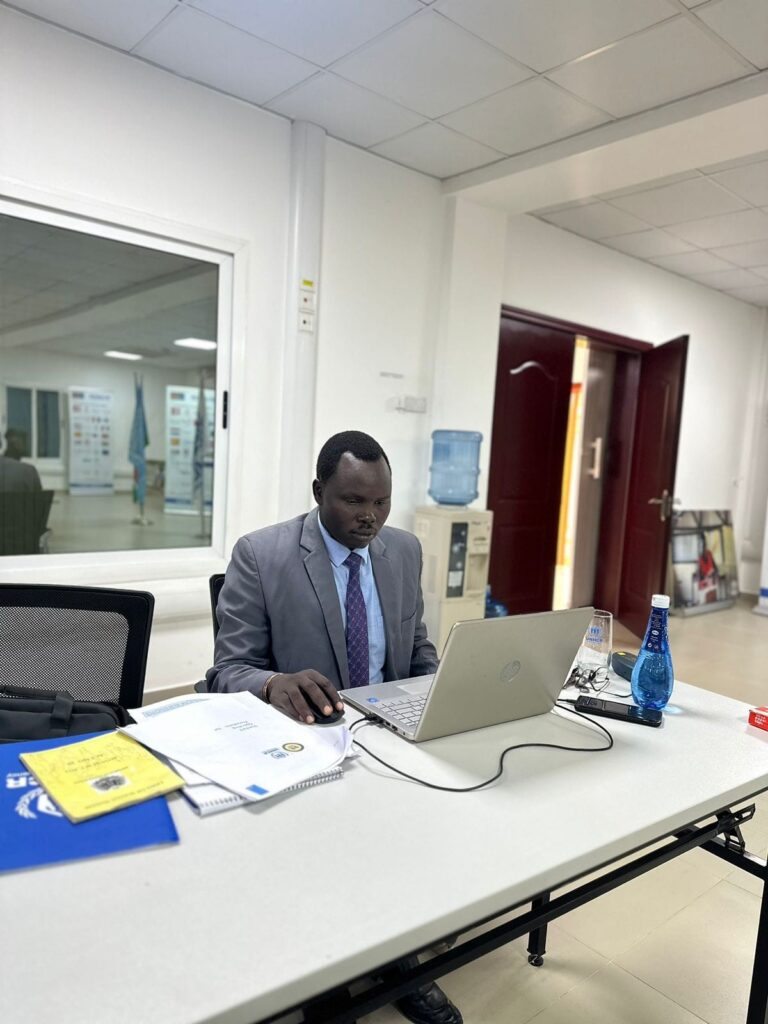South Sudan's English Daily Newspaper
"We Dare where others fear"

By: Mabor Yiel
The reorganization plan of the forex market in South Sudan, initiated by the Governor of the Central Bank, Hon. Dr. James Alic Garang, is much-needed to improve the currency value that leads to financial stability in the market. For years, the informal forex market has been a source of concern for the Central Bank of South Sudan due to the activities of black market traders. These traders and other associates have been accused of hoarding foreign currency and selling it at exorbitant rates, leading to a depletion of the country’s foreign reserves and a depreciation of the local currency. The reorganisation plan proposed by the Central Bank Governor seeks to address these challenges by creating a more efficient and transparent foreign exchange market.
Under the new plan, all forex dealers will be required to register with the Central Bank, and a central trading platform will be established. This will help to streamline the foreign exchange market by eliminating the activities of black market traders and promoting transparency in forex transactions. The reorganisation plan is expected to benefit the economy in several ways, including reducing the risk of currency fluctuations, boosting investor confidence, and improving the country’s balance of payments.
Despite the benefits of the reorganization plan, some stakeholders in the informal forex market have expressed concerns about the impact on their businesses. They argue that the registration process is cumbersome and expensive, making it difficult for small forex dealers to comply. Additionally, some traders in the Konyo-Konyo market have shown resistance to the plan, which may need the government’s intervention if they refuse to accept the plan.
However, many analysts believe that the reorganization of the forex market is long overdue and will ultimately benefit both the economy and the black market traders. The plan will help to promote transparency, accountability, and efficiency in the foreign exchange market, which will benefit all stakeholders in the long run.
In conclusion, reorganizing the forex market in South Sudan is a positive step towards the improvement of the current value which leads to economic stability and growth. While there may be some challenges in the short term, the benefits of a more efficient and transparent foreign exchange market will ultimately outweigh the costs. All stakeholders must work together to ensure that the plan is implemented successfully and that the economy of South Sudan continues to grow and prosper.
The author is a South Sudanese economist and a Student of Law at The University of Juba. He can be reached at maboryiel2015@gmail.com.




